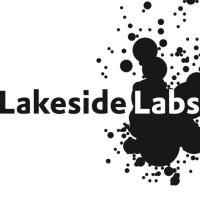Inproceedings,
Cooperative Relaying in Car-to-Car Communications: Initial Results from an Experimental Study
Proceedings of International Symposium on Communications, Control, and Signal Processing (ISCCSP), page 4. (March 2010)
Abstract
This paper reports on an experimental study about some benefits of cooperative relays in mobile wireless communications. A basic technique for cooperative relaying is implemented in the programmable hardware platform WARP. Using this implementation, measurements are made for mobile car-to-car communications in a suburban environment. Each of three cars is equipped with a transceiver and serves as sender, relay, or destination, respectively. Results demonstrate that cooperative relaying communications exhibit performance gains over conventional direct communications and time-diversity communications in terms of packet delivery rate, bit error rate, and packet error rate. We account for energy fairness by using half transmission power for cooperative relaying and time diversity communications.
